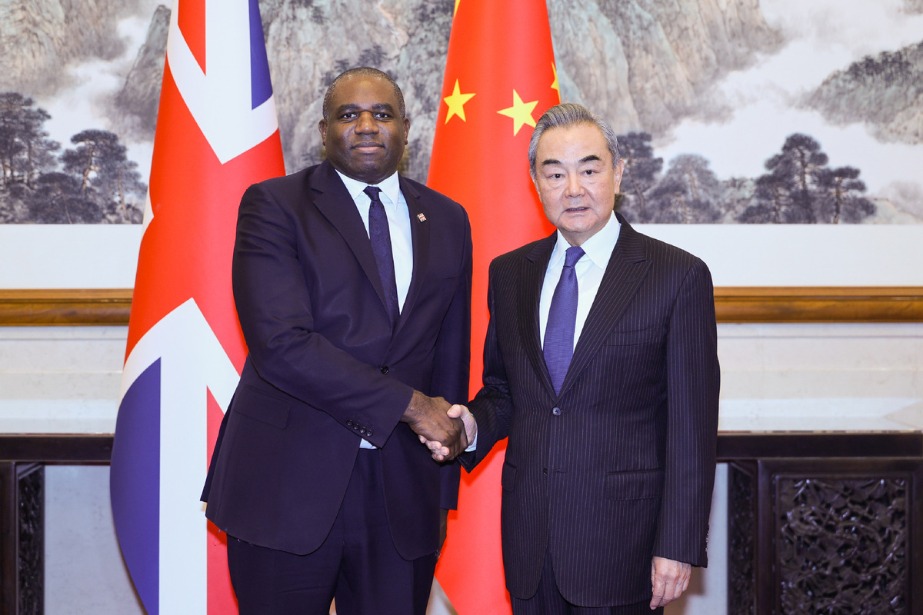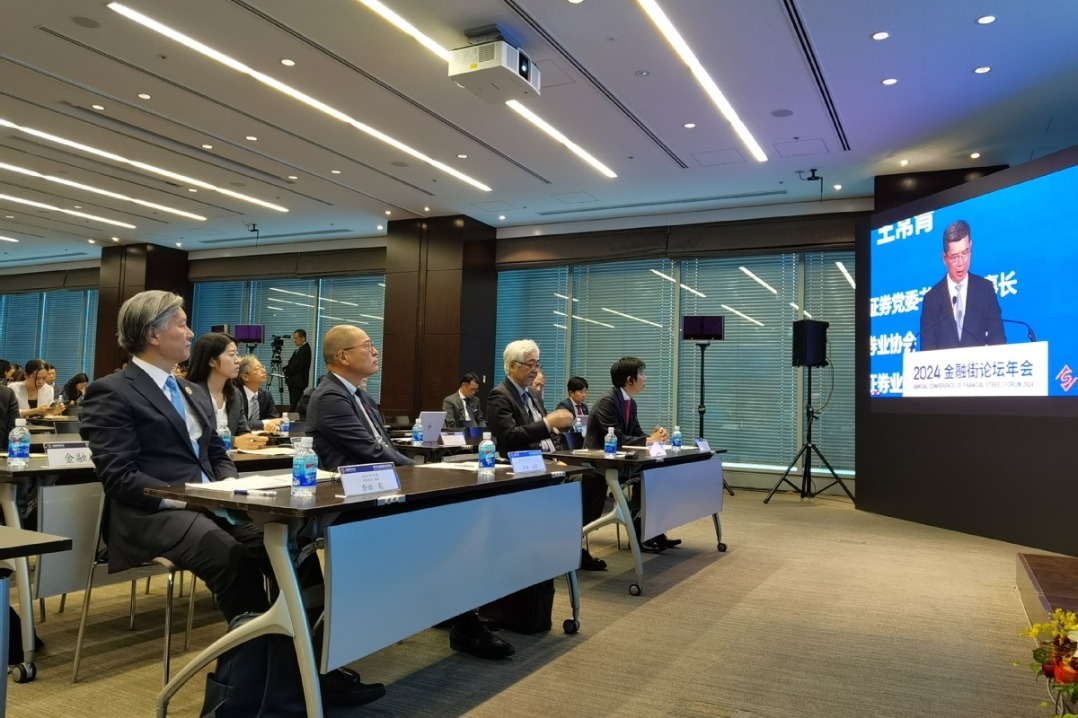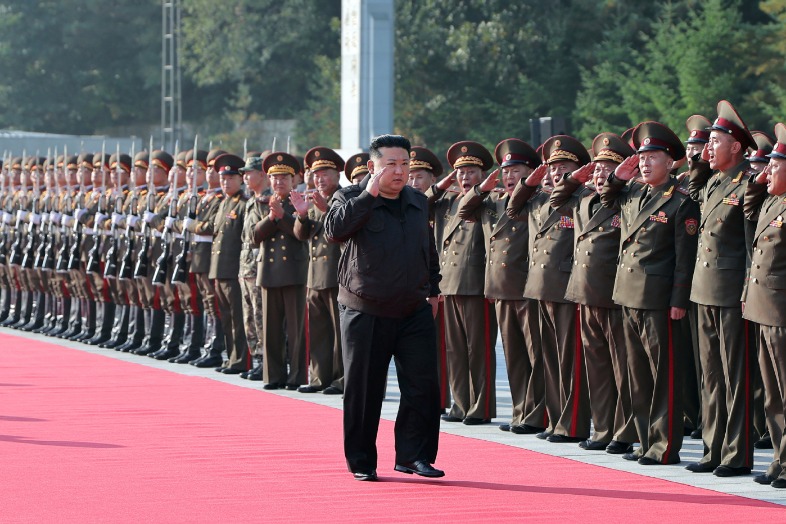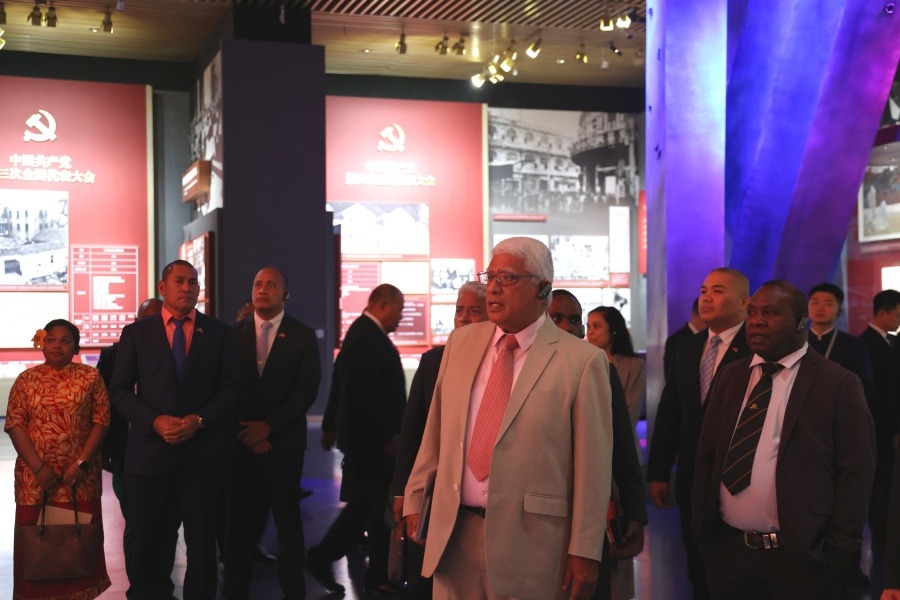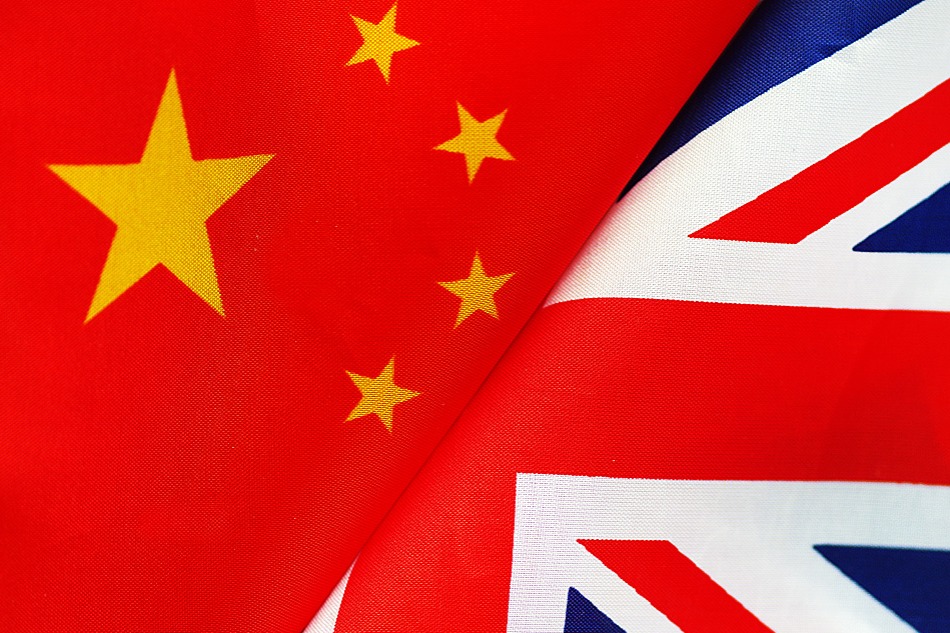London seeks to elevate ties with Beijing
UK's foreign secretary's visit an attempt to reset bilateral relations, observers say


When meeting with his British counterpart David Lammy in Beijing on Friday, China's Foreign Minister Wang Yi specially mentioned a documentary titled The Sinking of the Lisbon Maru, saying the China-Britain relationship is rooted in history and now "stands at a new starting point".
The film, which recounts the heroic efforts of Chinese fishermen to rescue and shelter hundreds of British prisoners of war in a sinking Japanese transport ship during World War II, once again brought alive shared memories of China and the United Kingdom fighting together against fascism when it was screened to the public in September.
Lammy, the first British cabinet minister to visit China since the Labour government took office in July — the second visit to China by a top UK diplomat in six years — concluded his two-day tour on Saturday.
He held talks with Vice-Premier Ding Xuexiang and Wang on Friday before heading to Shanghai, China's economic hub, to meet British business leaders and seek commercial cooperation.
Analysts said the visit marks an important step in bringing China-UK relations back to normal.
They say it demonstrates the new Labour government's necessary and pragmatic approach to resetting bilateral ties frayed in recent years by London's confrontational stance against Beijing, while also seeking to increase engagement with the world's second-largest economy.
Since the beginning of the year, China and the UK have carried out high-level interactions in various fields such as diplomacy, economy, finance and defense, sending a signal of stabilizing bilateral ties. Britain's finance minister Rachel Reeves is also considering traveling to Beijing in early 2025, Reuters reported, citing Sky News.
During talks, Wang positively evaluated the Labour government's plan to develop a "long-term, stable and strategically significant relationship with China" and highlighted the importance of nurturing stable and mutually beneficial relations.
China would fully resume dialogue and cooperation mechanisms, and actively carry out cooperation with the UK in areas such as trade, finance, green development, science and technology, health, education and culture, Wang said.
He also urged mutual respect for each other's concerns and equality in dialogue to foster an atmosphere conducive to engagement.
No 'iron curtain'
Noting the UK and China enjoy extensive shared interests, Lammy emphasized there should be no "iron curtain" between the two countries.
Lammy said the UK government would maintain consistent relations with China and hoped to work with Beijing to embark on a new journey of robust growth of partnership.
China and the United Kingdom are both permanent members of the United Nations Security Council and major economies in the world. China and the UK shoring up cooperation is also beneficial for the international community to unite in addressing global challenges, observers said.
Wang stressed that competition among major powers should not be the backdrop of the era while Lammy said the UK and China should jointly uphold free trade and address complex challenges through diplomatic means.
Cui Hongjian, director of the Center for the European Union and Regional Development Studies at Beijing Foreign Studies University, said that despite differences, Beijing and London can have frank discussions about their disagreements and find common ground to pursue closer exchanges.
With no fundamental conflict of interests, China sees the UK as a major country with influence while London aims to strengthen economic ties with Beijing to boost growth, a priority for the Labour government, he added.
According to China's Foreign Ministry, the UK is China's third-largest trading partner in Europe while China is the UK's largest trading partner in Asia.
While acknowledging constructive efforts to improve its China policy, Cui cautioned that the UK still needs to take concrete actions and overcome difficulties to promote stable ties, particularly due to some voices at home skeptical and critical of China.
















